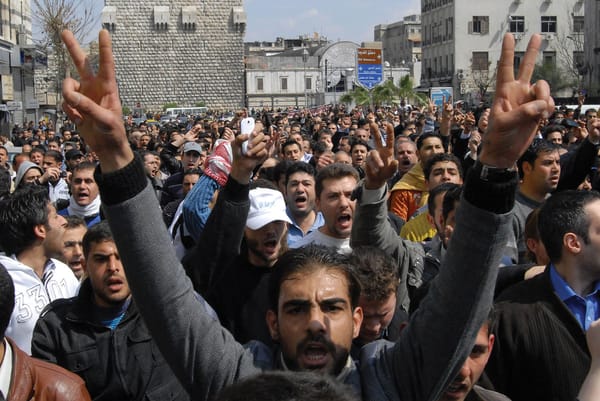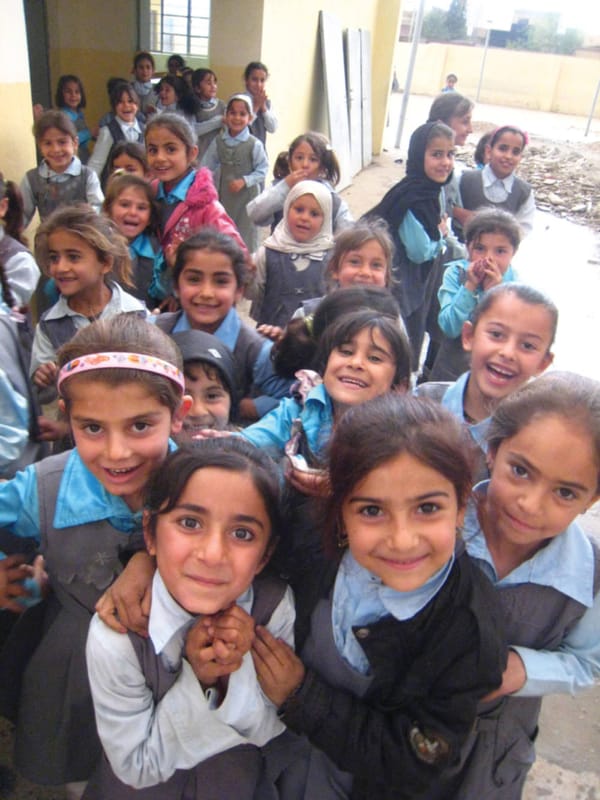The Politics of Summer 2011
Who will come, who will see, who will conquer?
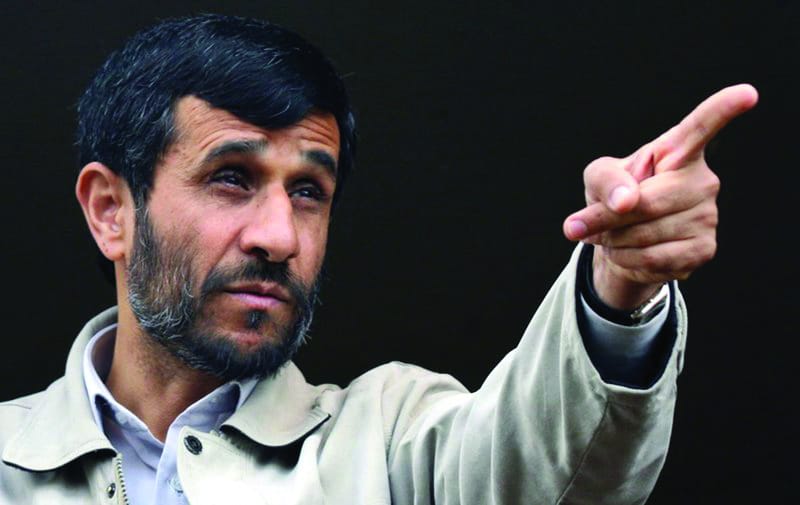
With Felix Politics on holiday for the summer, you’re probably worried that you’ll either have to read a proper political paper for the next three months (really very dull) or become completely ignorant of the world around you. Fear not! Below are the only important headlines that may, or may not, occur. Read these and you can spend the rest of your summer lying on a beach, without a care in the world.
President Ahmadinejad faces impeachment One would think the West would be excited by the possibility of the end of the anti-Semitic, homophobic, nuclear weapon developing, hate–mongering and increasingly anti-democratic rule of Iran’s current president. Unfortunately, in Iran the president is not as powerful as the title might suggest and things can get a lot worse. Ahmadinejad is not facing pressure from the same moderate political opponents who protested the election results in 2009, but from his former ally, Supreme Leader Ayatollah Khamenei, who is the absolute authority in this theocratic state. The first signs of a rift emerged in April, when the Supreme Leader reinstated the intelligence minister that Ahmadinejad had just fired. As befits any man with a childish passive-aggressive personality, Ahmadinejad refused to turn up to work, missing a number of important meetings, for eleven days. Now the parliament has rejected two of his ministerial nominees, accusing him of choosing friends and challenging clerical rule. Politics in Iran is highly secretive but speculation is rife about the kind of power plays that are taking place between parliament, the revolutionary guard, guardian council and supreme council, who all take some part in ruling the Islamic Republic. Ahmadinejad’s impeachment or resignation looks increasingly likely. This could signal an end to what little democracy the people of Iran had since the 1979 revolution. Alternatively, optimists may hope that it will mean the end of nuclear weapons development, assuming Khamenei’s fatwa against them was sincere.
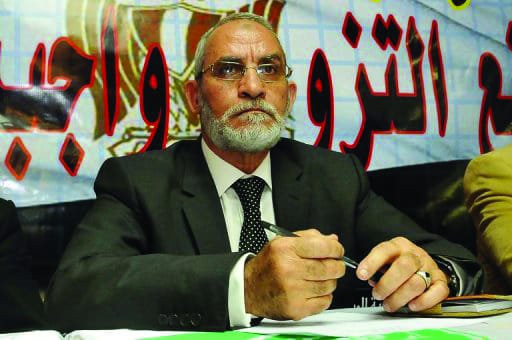
Muslim Brotherhood elected in Egypt Following the ousting of President Hosni Mubarak after 30 years of power, the interim military government has promised free and fair parliamentary elections in September. The problem is Mubarak was not just unpopular for his corruption and crackdown on dissidents, but for making peace with Israel and being seen as a pawn for the West. The Muslim Brotherhood, a radical Islamist group, was legalised after the revolution and formed its own party. Recently, they have declared an alliance with liberal parties, however if they make a strong showing at elections, it could lead to new tensions with Israel and a step back in the Middle East peace process. Intervention by the United States or Israel may even be on the cards.
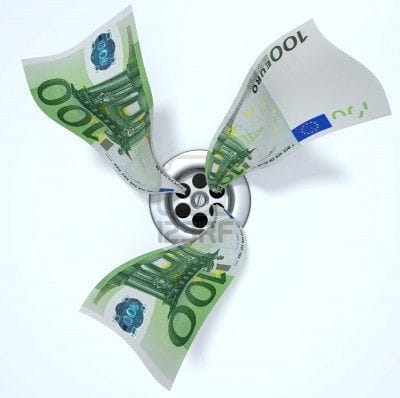
Greece defaults – Euro collapses European Finance ministers have refused to increase Greece’s bailout or improve conditions unless austerity measures are pushed through. This, however, is becoming difficult as Greeks take to the streets in increasingly violent protests against the proposed budget. David Cameron, meanwhile, has declared that he is unwilling to increase loans to the Eurozone country unless he must do so due to IMF obligations. This all puts the Eurozone under increasing pressure. Chancellor Angela Merkel of Germany has suggested allowing Greece to default if it comes to it, an option that is considered suicide for the Greek economy by many economists. France’s finance minister, Christine Lagarde, has refused to consider that as an option. If it were to happen, it could well send a shock wave through Europe that could spell the end of the Euro.
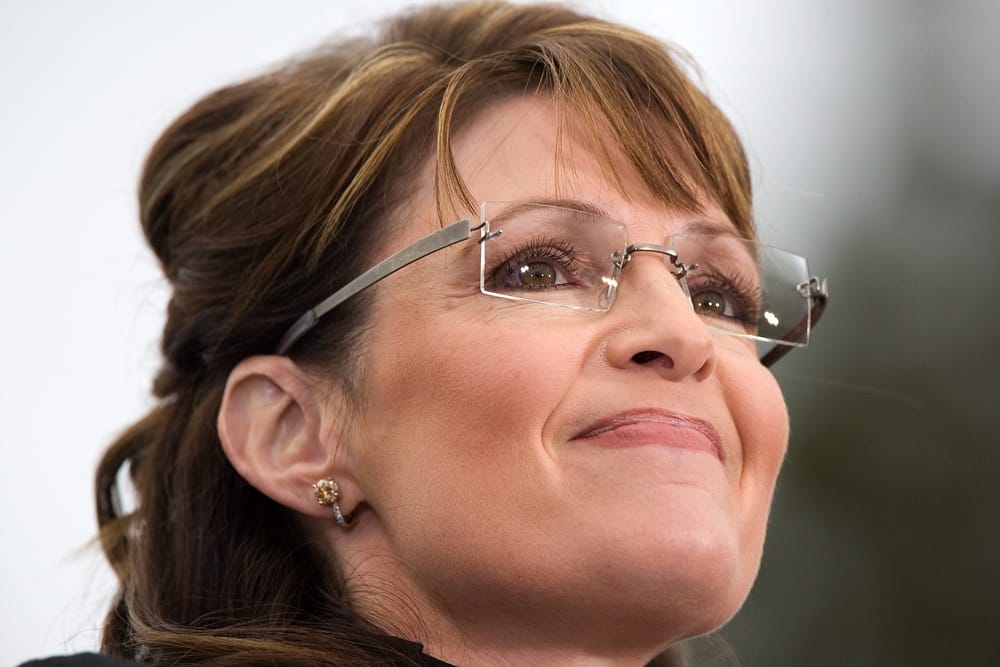
Sarah Palin to stand for President The former Grand Old Party candidate for vice-president has, at the time of writing, yet to declare whether she will stand for president. The formal elections aren’t until next year, but the Republican Party is preparing for its primaries, with debates already taking place. Now, I’m not suggesting she is a credible candidate, but let’s face it - the only thing that makes these elections bearable, regardless of which party you support, is the slightly thick Republican candidates. With George W. Bush long gone and Donald Trump recently backing out, Palin (who recently questioned whether the Libyan-military-thing we’re involved in is a war, intervention or “squirmish”), is looking to be the our only chance to laugh smugly at Americans while sipping on fine wine in the south of France (or wherever you happen to summer).
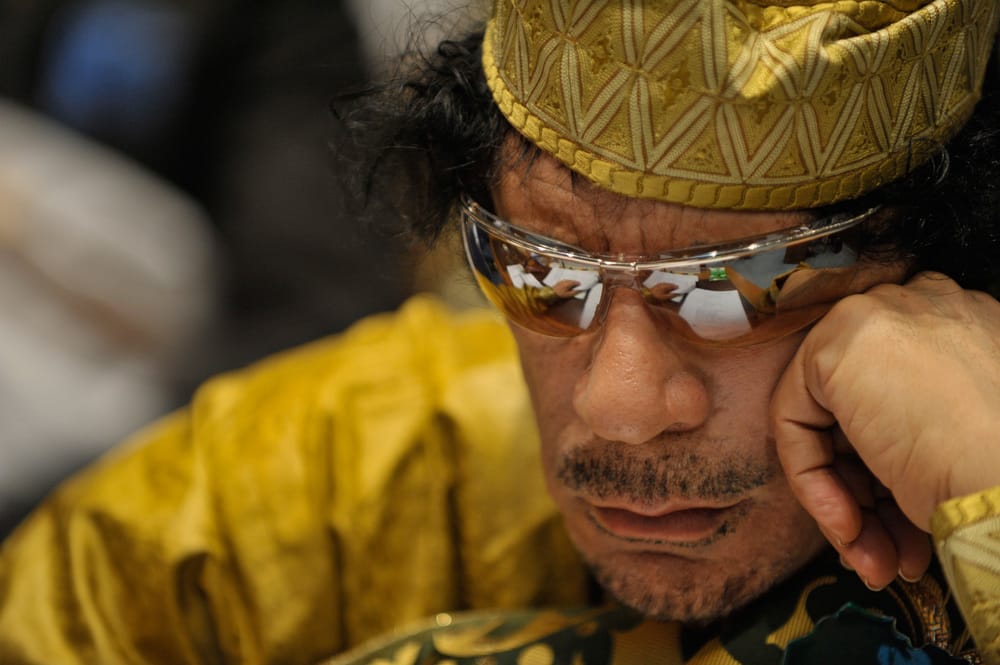
Gaddafi dead With pundits increasingly warning of a stalemate, the western alliance has been increasing the military assistance to the Libyan rebels. A victory would be a clear sign to other leaders, such as Syria’s al–Assad, that they are not immortal. With any luck, it will also reduce suspicion of the West, particularly important after Blair and Sarkozy’s “deal with the devil”, when they met Gaddafi. It could also give a popularity boost to Presidents Sarkozy and Obama who are both facing re-election.
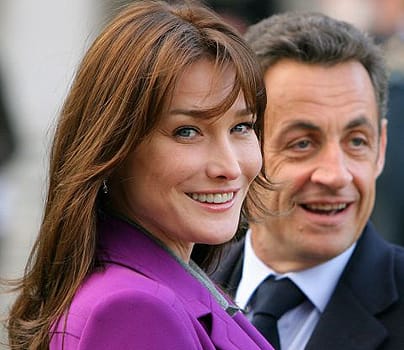
Sarkozy will not stand for re-election Early next year, France will hold its Presidential elections, but incumbent Nicolas Sarkozy has yet to say whether he will stand. His wife, whose photos strangely seem to appear in more newspapers during international conferences than her better half’s, is pregnant and has said she does not want him to stand but that it is ultimately his choice. Despite Sarkozy’s failure to reform the economy, he has still been described the best candidate for the job by his centre-right party. He also no longer has the threat of a strong centre left candidate. The socialists were widely expected to choose Dominique Strauss-Kahn who, as head of the IMF, was likely to understand how to keep the economy strong and competitive while maintaining the values of the French Left. However, he is facing trial in New York for rape. Instead, with anti-Islamic sentiment growing since 11th September 2001 and anti-European views emerging due to bailouts of weak economies such as that of Greece, it seems the far-right may well sweep to victory. Their new leader, Marine Le Pen, is young, ambitious and charismatic. With no strong left-wing showing and no status quo candidate to fall back on from the centre right, the EU’s most important country could be about to elect a reactionary racist.


